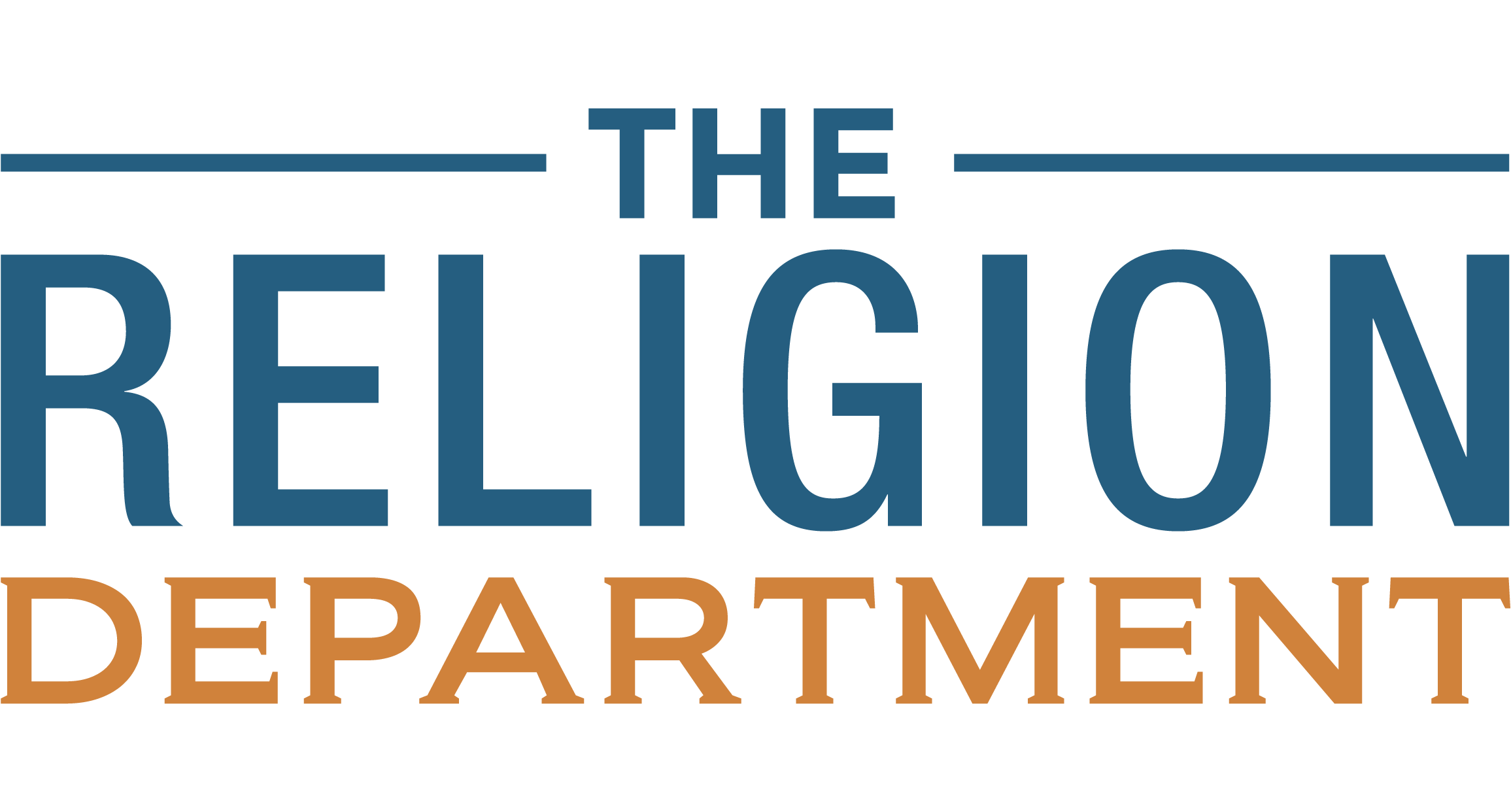
SORRY...
Registration for this class has closed, but you can sign up for our newsletter for information about upcoming classes.

Registration for this class has closed, but you can sign up for our newsletter for information about upcoming classes.

Get started today before this once in a lifetime opportunity expires.